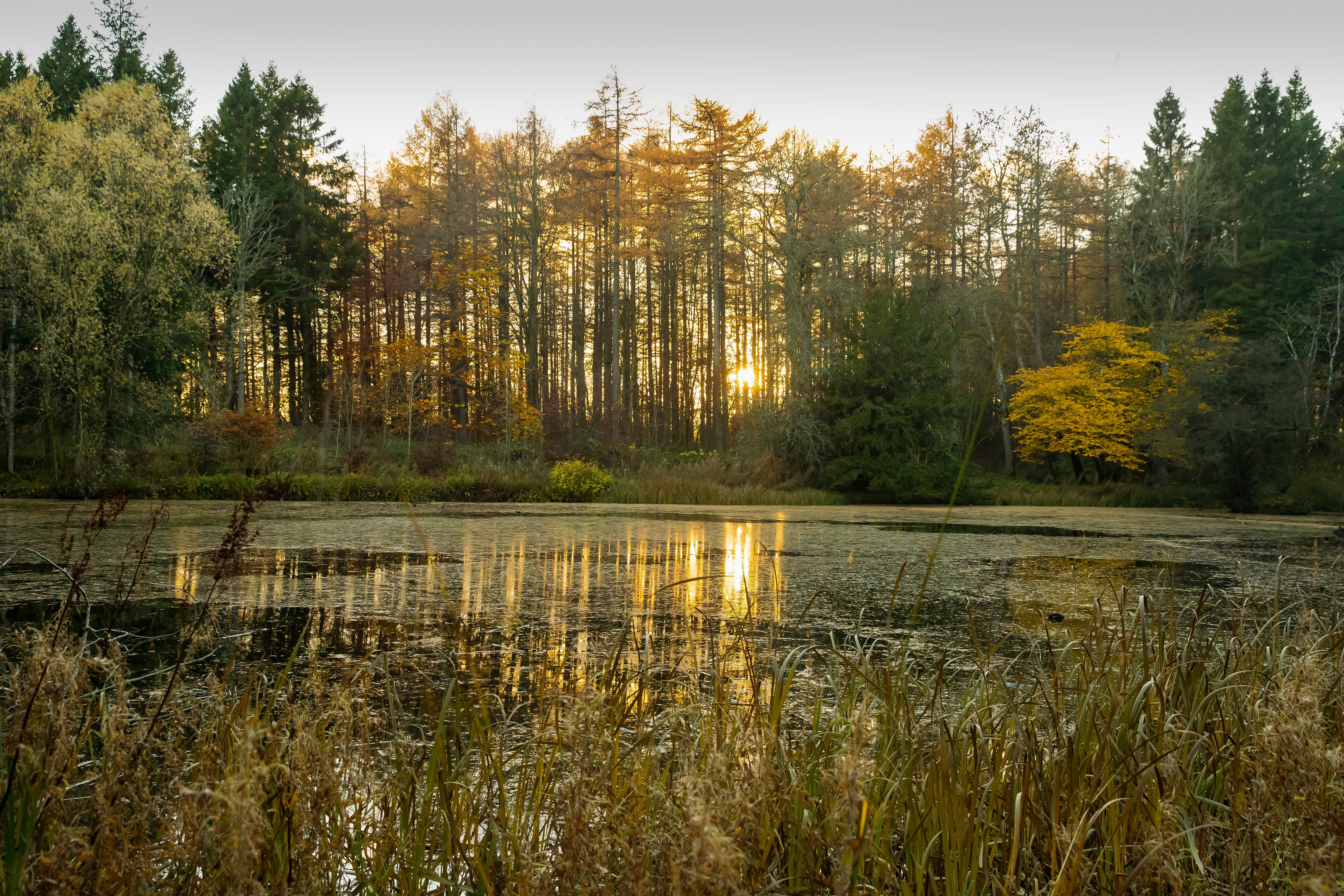National Trust plans 250,000 hectares of nature-rich landscapes over 10 years
In its new 10-year strategy, the charity also sets out plans ranging from more access to green space to more local dishes in its cafes.

The National Trust plans to “ramp up” efforts to protect nature by creating a quarter of a million hectares of wildlife-rich landscapes over the next decade.
The conservation charity said it would work with others to create landscapes that are rich in nature, such as restored peatland, both on its own land and off it, over an area equivalent to one-and-a-half times the size of Greater London.
The trust delivered more than 25,000 hectares of priority habitats such as flower-rich meadows and woodlands over the past 10 years, but the 10-fold increase in the target over the next decade will have a wider focus, including farmland managed in a nature-friendly way.
Its new 10-year strategy, drawn up following consultations with 70,000 people including members, volunteers and industry partners, also has measures to tackle unequal access to nature and the nation’s cultural heritage.
The strategy includes plans to support 100 towns and cities to transform and expand green spaces, along with new volunteering opportunities and apprenticeships.
People will be invited to sponsor a plot of land at “nature super sites” with the greatest potential for wildlife recovery, including Divis and the Black Mountain in Northern Ireland and Wallington in Northumberland.
There is a natural history series for the BBC with Hamza Yassin exploring hidden wildlife gems, a partnership with Mind to help younger people with mental health problems, new high-profile ambassadors, and more local dishes added to the menus at National Trust cafes.
The National Trust is taking on management of its first site in Coventry, working with Historic Coventry Trust to help care for the 14th-century former monastery Charterhouse and develop it as a community hub.
The trust is also opening Grantham House in the centre of Grantham with a new community space and cafe and free access to gardens.
The charity’s director-general Hilary McGrady said that for 130 years the trust had responded to the crises and challenges of the time, from preserving the natural environment in the face of industrialisation to saving scores of country houses from dereliction in the wake of the world wars.
We will ramp up our work to restore nature, both on our own land and beyond our boundaries
Ms McGrady said: “Today, nature is declining before our eyes and climate change is threatening homes and habitats on a colossal scale.
“Meanwhile, millions of people can’t enjoy the benefits that green space and heritage bring.”
She added: “So we will ramp up our work to restore nature, both on our own land and beyond our boundaries.
“We’ll work to end inequality of access to green space and cultural heritage.
“And we will inspire millions more people to take action to protect the things we all need to thrive.”
To tackle declines in nature and the threat of climate change, and help towards the UK’s national pledge to protect 30% of land for nature by 2030, the National Trust said efforts will include restoring peatland, improving the quality of rivers, connecting up landscapes and protecting coasts.
The approach will deliver benefits ranging from storing carbon in healthy peat to reducing flood risk to thousands of homes, and improve the health of soils to provide habitat to a billion earthworms, the trust said.
Director of land and nature Harry Bowell said the trust was looking at “nature-rich landscapes” at scale, which will include farmland, rather than just protecting the “crown jewels” of nature reserves and rare species.
He said: “We need to continue to look after those incredibly precious places as the sanctuaries and places nature might repopulate from, but that’s not enough.
“That’s why we’ve moved to a more general view of nature-rich landscapes and upped the scale.
“We want landscapes which if you’re a spider, butterfly or bird you can move through, we want soils that are really healthy, we want water to be clean, rivers running more naturally in their course across the landscape.
“That will have to be done, at least in part, hand-in-glove with farming, so the kind of farming we want to be advocating for and supporting is nature-friendly farming in various forms.”
He said that around 70% of the 250,000 hectare (620,000 acre) target could be met from work on land owned by the trust – which totals 260,000 hectares across England, Wales and Northern Ireland.
There would also be land acquisitions, such as a recent purchase of 78 hectares at Lunt in Sefton to support a new network of woodland and wetland and open up more green space access to nearby communities, and work with other organisations and private landowners to deliver for nature, he said.
Bookmark popover
Removed from bookmarks